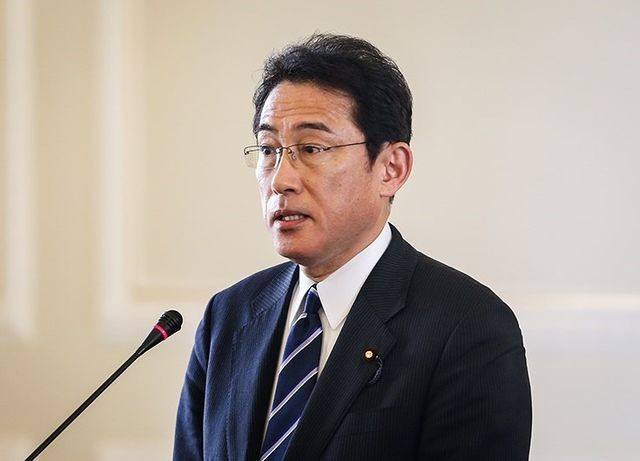Japanese Prime Minister Fumio Kishida has announced his decision to step down next month, a move that has sent ripples through Japan's political landscape and sparked widespread speculation about the future of the nation's leadership. Kishida's decision comes as Japan navigates a series of economic and political challenges, including a weakening yen, growing public dissatisfaction, and internal party disputes. His resignation marks the end of a tumultuous tenure, raising questions about the direction of one of Asia's most pivotal democracies.
Kishida, who has served as Japan's Prime Minister since 2021, made the announcement during a press briefing coinciding with the traditional Bon holiday. The Prime Minister stated that he would not seek reelection as the president of the ruling Liberal Democratic Party (LDP), effectively signaling the end of his time as the nation's leader. "It is necessary to clearly demonstrate to citizens that the LDP is changing," Kishida said, emphasizing the need for new leadership to regain public trust.
The decision to step down comes as Kishida's approval ratings have plummeted, hovering in the 20% range. His administration has been criticized for its handling of several key issues, including a fundraising scandal within the LDP and the party's controversial ties to the Unification Church. Despite efforts to regain public confidence by breaking up powerful factions within the LDP, Kishida's actions appear to have alienated some of his key supporters, leaving him politically vulnerable.
Tobias Harris, a political analyst and founder of Japan Foresight, LLC, noted that Kishida's decision may have been influenced by a realization that he could no longer rely on the coalition that brought him to power. "There's a lot of bitterness towards Kishida and a lot of resistance to supporting him again," Harris said, adding that the upcoming LDP leadership race is wide open with no clear frontrunner.
Kishida's departure raises the specter of a return to Japan's "revolving door" era, where prime ministers frequently served short terms, often lasting only a year. His resignation also coincides with a period of significant economic turmoil, as Japan's stock market recently experienced its largest single-day point drop since 1987. This financial instability, coupled with Kishida's ambitious defense spending plans, has led to concerns about Japan's fiscal future.
The implications of Kishida's resignation extend beyond Japan's borders. During his tenure, Kishida worked to strengthen Japan's alliance with the United States, particularly in the face of growing security threats in the Indo-Pacific region. His decision to significantly increase defense spending and acquire offensive weapons was well-received in Washington, with President Joe Biden praising the U.S.-Japan alliance as a "beacon to the entire world."
However, Harris cautions that the departure of Kishida may complicate Japan's ability to maintain its current level of international engagement. "You can't assume that future Japanese governments are going to have the political strength and wherewithal that they've had for the past decade," Harris warned, suggesting that domestic political constraints could limit Japan's future contributions to regional security.
The news of Kishida's resignation has drawn varied reactions from international leaders. U.S. Ambassador to Japan Rahm Emanuel took to social media to express his gratitude for Kishida's leadership, calling him a "true friend of the United States." Similarly, Australian Prime Minister Anthony Albanese praised Kishida for valuing the relationship between Japan and Australia, noting that his leadership had strengthened ties between the two nations.
In contrast, some analysts believe that Kishida's resignation was inevitable given the economic challenges facing Japan. Amir Anvarzadeh, a market strategist at Asymmetric Advisors, described Kishida as a "dead man walking" for some time, pointing to the Bank of Japan's recent policy decisions as a contributing factor to his declining popularity. "It was as if the BoJ put an end to the prime minister's term," Anvarzadeh remarked, highlighting the impact of the yen's sharp fluctuation on Kishida's political fortunes.






